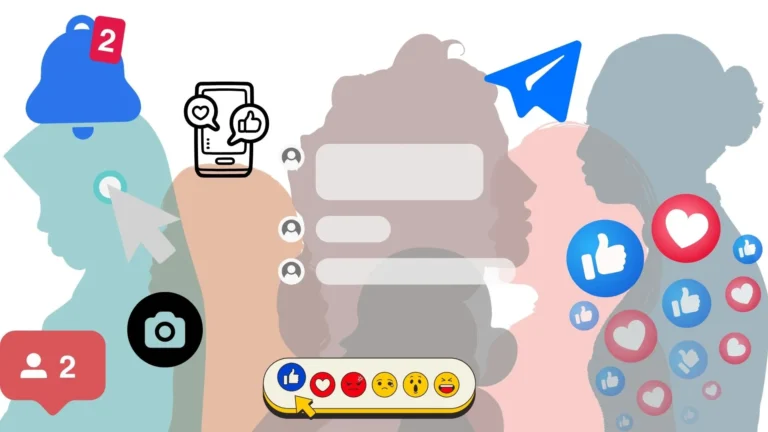Have you heard the claim that “pornography changes the brain?” Perhaps you’ve wondered if there’s any scientific evidence to back it up.
According to many leading addiction experts who have studied the topic, the answer is “Yes.”
Technological advances have improved researchers’ ability to study the brain. Neuroscientists are now able to compare the brains of those who engage in a certain behavior, or consume a certain drug, with the brains of those who do not. Comparing how the brains of the two groups differ both functionally and structurally lets them draw conclusions.
Studying the Brain on Pornography
In 2014, researchers associated with Germany’s Max Planck Institute for Human Development published the first brain-scan study on pornography users. The researchers scanned the brains of 64 men aged 21-45 using functional-magnetic resonance imaging (fMRI). The men, who were not addicts, were asked how much pornography they viewed per week and how many years they’d been viewing it.
The results: the more pornography the men used the more certain parts of their brains had changed.
1.
First, the heavier users had less grey matter in the striatum, a part of the brain’s reward system associated with motivation and decision-making. Less grey matter in this area could mean these users had grown less responsive to stimulation by pornography. Lead author Simon Kühn said:
“That could mean that regular consumption of pornography more or less wears out your reward system.”
2.
Second, these users had a weaker brain response when shown sexual pictures. The authors stated:
“This is in line with the hypothesis that intense exposure to pornographic stimuli results in a downregulation of the natural neural response to sexual stimuli.”
3.
Third, the brain circuitry between the prefrontal cortex (the decision-making part of the brain) and the reward system was reduced. Discussing this weakened connection, the authors said:
“Dysfunction of this circuitry has been related to inappropriate behavioral choices, such as drug seeking, regardless of the potential negative outcome.”
Further Research of the Brain on Porn Shows Its Harms
The findings of this study back up what many heavy pornography users report.
For instance, in a 2016 study researchers found that 49% of subjects reported seeking material that was not previously interesting to them or that they considered disgusting.
Subjects also reported that problematic Internet pornography use was associated with reduced erectile function and reduced overall sexual satisfaction.
In short,
- Even moderate pornography use may decrease the ability to make good decisions and feel pleasure normally.
- Regardless of where they start, porn users may eventually feel the need to seek more extreme, perhaps abusive or illegal, content as a result of brain changes that numb their pleasure response.
Help Spread Awareness of How #PornHarms
To help young people to avoid these pornography-induced brain changes, please help spread the word about pornography’s impact on the brain by sharing this article.
Studies of the brain show harmful effects of pornography #pornharms #considerbeforeconsuming Share on XFor a more detailed summary of the study by Drs. Kühn and Gallinat, see our research review: The Brain on Porn.



